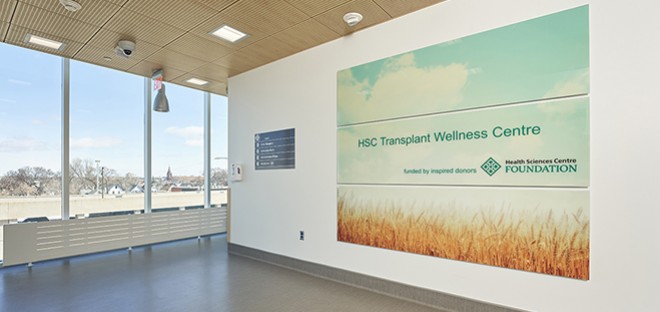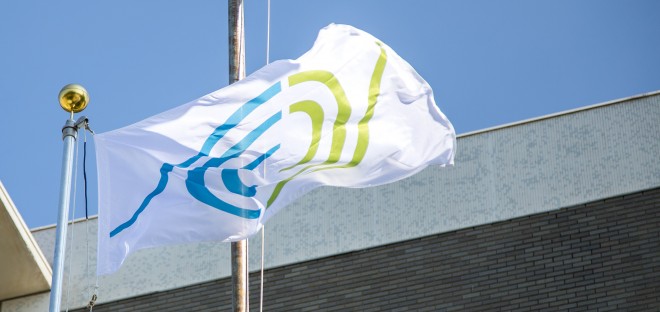Adult Kidney Transplant Program
The need for kidney transplants increases annually
Kidney disease is a growing problem and people living with it experience a reduced quality of life and risk premature death. Kidney transplantation is the treatment of choice because it prolongs survival, improves quality of life and is less costly than dialysis. The need for kidneys for transplantation through deceased and living kidney donation is constantly increasing.
In the last decade, the programs have averaged 55 transplants per year. For more statistics, please visit our Facts page.
Manitoba is a leader in renal transplants
Manitoba is a leader in kidney transplantation. Since 1969, more than 2,000 kidney transplants have been performed by the adult program and the pediatric program combined. Led by Dr. David Rush and Dr. Patricia Birk, both programs were the first to introduce surveillance biopsy programs that has led to their adoption in many countries worldwide, and established Winnipeg as a centre of excellence in translational research.
Working for Manitobans
The opportunity for organ and tissue donation is every family’s right and it is the responsibility of all members of the donation and healthcare team. In 2005 the Adult Kidney Transplant Program proposed the creation of an Organ Donor Organization (ODO) and requested support from the Winnipeg Regional Health Authority (WRHA) for additional resources in an effort to improve accessibility to renal transplantation and promote an increase in the number of transplants performed. With continued support from the WRHA, the Adult Kidney Transplant Program has targeted 60 transplants per year as its goal for the future.
At the close of 2015, Donation after Cardiocirculatory Death (DCD) was introduced in Manitoba. Organ donation after cardiac death makes it possible for organs to be donated after the heart stops beating. This means more families have the option of pursuing organ donation.
For Patients
Journey to kidney transplant
To better understand the kidney transplant process, the risks and benefits of transplantation, testing and life after transplant, please watch our video and read our guide:
Improving access
To ensure access to as many options as possible for safe kidney transplantation, Manitoba participates in two national kidney sharing programs – the Highly Sensitized Patient Program and the Kidney Paired Donation Program. Both are managed by Canadian Blood Services.
Manitoba has also introduced the Age-Targeted Kidney Transplant Program.
Age-targeted Kidney Transplant Program
- To help more patients in Manitoba living with kidney failure get a kidney transplant, the Adult Kidney Transplant Program has created a program for Manitobans aged 65 and up who are on the waitlist.
- The age-targeted kidney transplant program offers older patients the opportunity to live longer and improve their quality of life by shortening their time on dialysis. Written with input from healthcare providers and patients with kidney disease, this guide can help you learn more about the goal of the program, the benefits and the risks and how to get involved.
- Learn if the program is right for you, explore the risks and benefits and watch the video.
You can also talk with your nephrologist or recipient coordinator to see if this program is right for you.
Post-transplant Clinic
Once a patient has been released from the hospital following kidney transplantation, the Post-transplant Clinic will follow the transplant recipient as an outpatient at the HSC Transplant Wellness Centre. Kidney function, medications, and bloodwork are monitored and reviewed during these appointments. The number of Transplant Wellness Centre visits starts from daily during the first month, to every two months after the first year. Recipients will maintain this number of visits for as long as the transplanted kidney functions.








